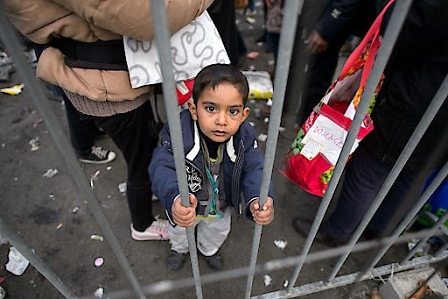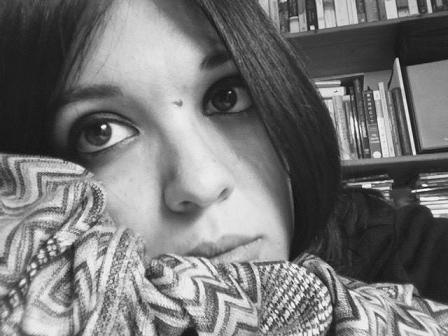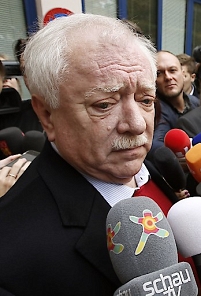Erstellt am: 29. 10. 2015 - 16:11 Uhr
On the Fence...

APA/AFP/ALB
On the Fence
In case you are not familiar with it, the English phrase "on the fence" means being undecided about something. Things could fall on one side of the fence, or the other, zu Deutsch: unentschlossen.
Kind of fitting when you consider the most recent developments when it comes to the notion that there has been the suggestion that Austria could build a barrier on its border with Slovenia to control an influx of refugees.
European Commission President Jean-Claude Juncker and Austrian Chancellor Werner Faymann warned that fences were not welcome in the EU. Austrian Interior Minister Johanna Mikl-Leitner said a fence of some sort will go up.
So what's the story? How dangerous (on several different levels, physically and politically) is this type of mixed message? Dr. Reinhard Heinisch gave us his take...
While We're Talking Refugees...
Hot Spots - not a trendy part of town or a packed club. Nope. These days, the term 'hot spots' describes centers where refugees are meant to be registered, fingerprinted and sorted, at their first entry point into the EU. At least this is how the UNHCR (United Nations High Commissioner for Refugees) is using the term.
Adrian Edwards, of the UNHCR, gave Reality Check more info on current 'hot spots' and Chrissi Wilkens put together an audio postcard, direct from one such hot spot, in Lesbos, Greece.

Francesca Borri
The Years of Living Dangerously
Francesca Borri is brave, smart, passionate, compassionate, committed - she is as badass as it gets when it comes to journalism at the fronts of bloody wars. Wherever you hear about alarmingly high statistics when it comes to deaths of journalists while on the job, that's where you will find Francesca. Check out her description of how she stays safe as one of the very few reporters who dare to file their work from inside Syria now...

AFP/DN-IW
Happy Cities
More than half the world's population now live in towns and cities and by 2030 this number is projected to swell to 5 billion.
While urbanization has the potential to increase economic growth and well-being and use resources more efficiently - cities are also typically home to areas of poverty and deprivation.
Canadian journalist Charles Montgomery is the author of a book called Happy City. He argues that the growth of car-dependent suburbs makes people isolated and unhappy, but that vibrant, well-designed cities can make people happier. Hear him describe how cities and neighbourhoods can be designed to improve our lives...


